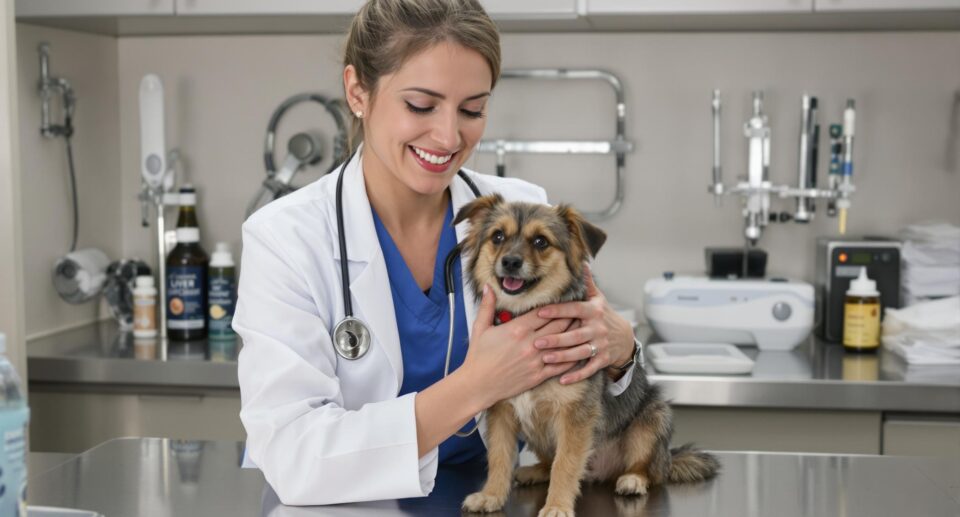Liver Disease Treatment for Dogs

Treatment options for pets with liver disease
Treatment of liver disease in pets varies depending on the underlying cause and severity of the condition. IV fluids, antibiotics, ursodeoxycholic acid, and possibly steroids may be used. Medication to decrease nausea and vomiting is needed, as well as vitamin and mineral supplements. In severe cases, blood transfusions may be necessary. In cats with fatty liver disease (hepatic lipidosis), force feeding is often necessary, and sometimes even surgically placing a feeding tube. For pets with a portosystemic shunt, surgery is often required. Additional drugs such as Penacillamine, zinc, or Colchicine may be given for chronic hepatitis.
Supplements & homeopathic remedies for pets with liver disease
Since the liver has such a remarkable regenerative capacity, many liver support supplements may help pets with liver disease. A combination of herbs and homeopathic remedies such as milk thistle (silybum marianus), arctium lappa, chelidonium majus, kali mur, nat phos, and nat sulph can help promote a healthy liver. Antioxidants such as Vitamin E, Proanthozone, and SAMe (found in Denosyl and Denamarin Tabs) may help limit inflammation and prevent further liver damage.
Prognosis for Pets with Liver Disease
The prognosis for pets with liver disease depends on the severity and length of time of liver pathology. Since the liver has remarkable healing capacities, most pets with liver disease can be successfully treated. Prognosis for liver cancer, however, is guarded to poor, even with surgery and/or chemotherapy.





